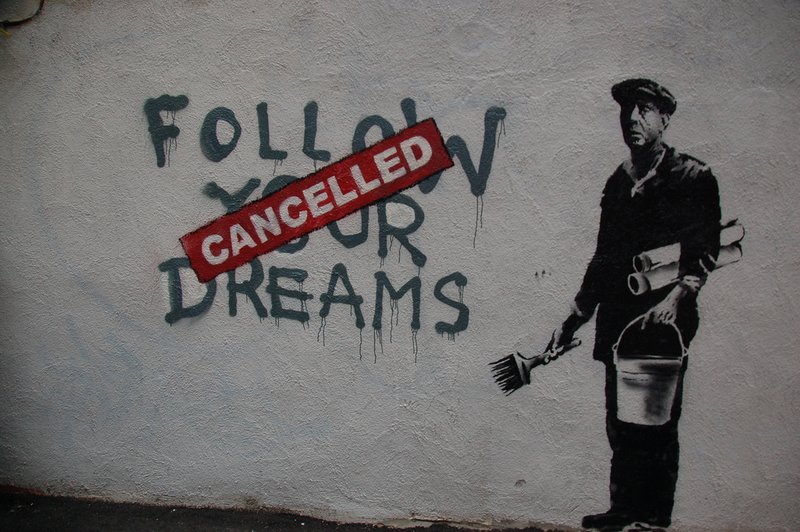Stiglitz on American Inequality: 'Of the 1%, by the 1%, for the 1%'

Welcome to Politics Bites, where every afternoon at It's A Free Country, we bring you the unmissable quotes from the morning's political conversations on WNYC. Today on the Brian Lehrer Show, Joseph Stiglitz, winner of the Nobel Prize in Economics and author of Freefall: America, Free Markets, and the Sinking of the World Economy, discussed his article, Of the 1%, by the 1%, for the 1%, in the new issue of Vanity Fair in which he asks why there aren't mass protests here in the United States, given that the top 1 percent of Americans control 40% of the wealth.
The numbers plainly show that our society has a starkly unequal distribution of wealth.
One percent of the U.S. population takes home almost a quarter of all the nation's income in any given year and controls forty percent of the country's wealth. If you believe in "trickle down economics" this doesn't matter. But Stiglitz says it ain't trickle down, it's trickle up.
Most Americans are worse off than they were ten years ago, a dozen years ago, so it's actually trickle up economics. All the gains in our economic growth have gone to those at the top.
The level of inequality in the U.S. has been increasing very rapidly, and "we've been getting more unequal while other countries have been becoming less unequal," said Stiglitz.
Of one percent, by one percent, for one percent.
Irresponsible behavior by Wall Street bankers may have spawned the financial crisis, but "a lot of the inequality is a result of the government failing to do what it should do," Stiglitz said. (The social contract is generally understood to be that government protect its citizens.) Stiglitz said it's understandable that many American citizens are completely disillusioned with the government.
They looked at what happened in the financial crisis and there was no sense of accountability. They've said we can't trust government because government is part of the problem--because government is run by that one percent. We had a crisis and who got bailed out? The big banks. Who got left in the lurch? The millions of Americans who are losing their homes. Seven million have already lost their homes.
Why trickle down economics is a sham
It comes down to the difference between saving and investing--one does not equal the other.
If those who are having all the money took that money and invested it productively in the U.S. creating jobs, that would be one thing. They're saving, but that saving isn't being translated into productive investments in America that would lead to the strengthening of our country.
Is that money being used to create jobs, create jobs in America, create jobs where the country needs it? The answer is 'no.' You can try to analyze why our economic system is not working the way its supposed to--it has a lot to do with the way our financial system didn't use its scarce savings in a way that was socially productive.
How do we rectify the inequality?
Number one, Stiglitz said, is to make that top one percent pay their taxes. (An expose in the New York Times revealed that General Electric didn't pay any American taxes last year.)
If we just made them pay fair taxes--they escape taxes through capital gains taxes, through a whole set of special provisions, corporate welfare kinds of programs...if we just made that upper one percent pay their fair share that would make a very big difference.
Number two, according to Stiglitz, would be to educate the American population.
If we spend money to increase the productivity of our labor force then the wages will go up and that will reduce some of the inequality of our society.
Why aren't there mass protests in America?
Stiglitz thinks many Americans misunderstand what's in their best self-interest.
There's been an amazing job of successful propaganda, the belief that if you give enough money to the people at the top it will trickle down, that's a widespread view of trickle down economics, there's a widespread view that if you give money to the top that will lead them to save more and that automatically gets translated into productive jobs in America--something that's clearly not true. So there's in a sense that our system is working well in spite of the fact that the data are suggesting otherwise.
What do you think? Here are a few questions we'd like It's A Free Country readers to answer:
Is inequality is a natural outcome of democracy?
Is the system rigged?
Do rising tides lift all boats?
Is America a fair society? Should it be?
Let us know in the comments below